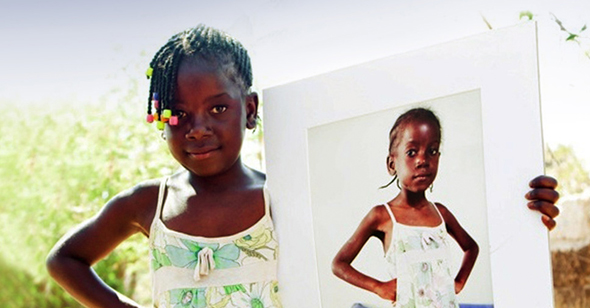On May 24th, tomorrow, HBO is airing a new documentary on HIV / AIDS in Africa, titled The Lazarus Effect by director Lance Bangs and executive producer Spike Jonze. It’s a story of hope and results, but reminds us that in the meantime 3,800 people in Africa are still dying every day because universal access to treatment is not available.
The Lazarus Effect captures a series of true-life resurrections, recording the extraordinary, life-restoring effect of Anti Retro Virals (ARVs) on HIV-positive Africans who, only a few years ago, would have never had a chance. This film is part of the RED Campaign and dovetails with REDs efforts to provide ARVs to the approximately 20 million people with HIV/AIDS in Sub-Saharan Africa for a cost of 40 cents per day per person.
This film traces the experience of four individuals in Lusaka, Zambia, and documents the transformative effects that ARVs can have on people, their families and their communities when treatment is accessible.
After losing three children to AIDS before treatment was available, Constance (Connie) Mudenda and her husband were tested for HIV. They both tested positive. Constance’s husband needed immediate treatment but the medication was not yet freely available. At the end of each month, they had to choose between buying his life-saving medication, buying food, or paying the rent with their meager funds. Constance eventually heard about a clinic that was making free drugs available. She was one of the first people to be enrolled at the clinic where she is now a HIV Peer Education Supervisor.
The film traces the miraculous transformation in the health of Bwalya, an 11-year-old orphan, Paul Nsangu a young man struggling to stay alive for his wife and daughter, and Concillia Muhau who, despite being HIV positive, was able to deliver a virus-free child. The filmmakers document Bwalya, Paul and Concillia from the beginning of their treatment when they are near death, and then return months later to follow their progression to health.
While the film offers hope and a way of life for people living with the disease, it also reminds us that HIV/AIDS is a preventable and treatable disease, yet it has killed more than 20 million people in Africa. With a running time of about 30 minutes, this short documentary is worth checking out.
What important issues would you like to see future documentaries made on?


